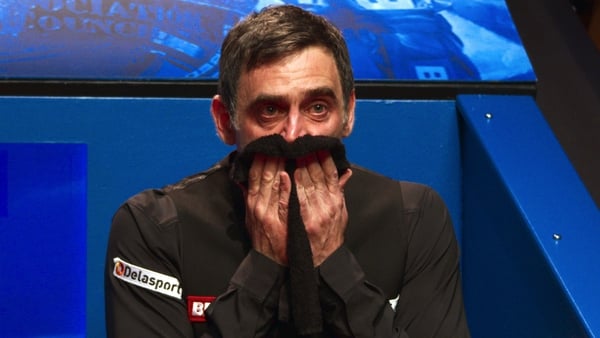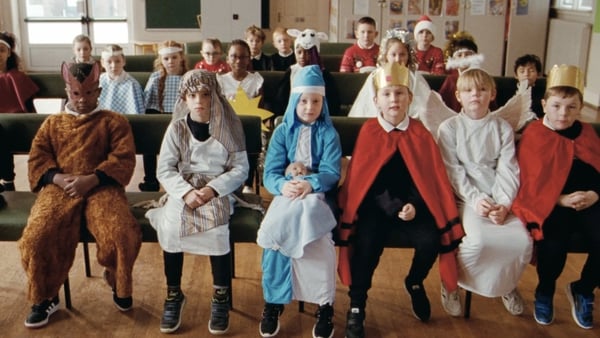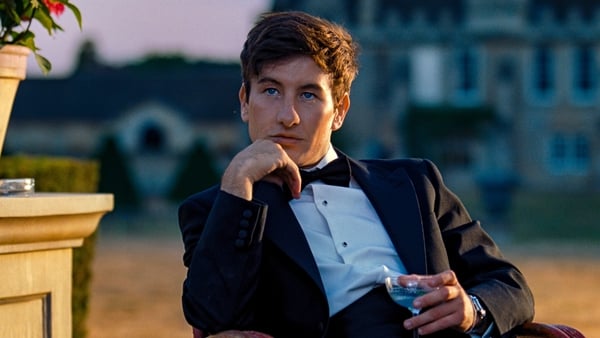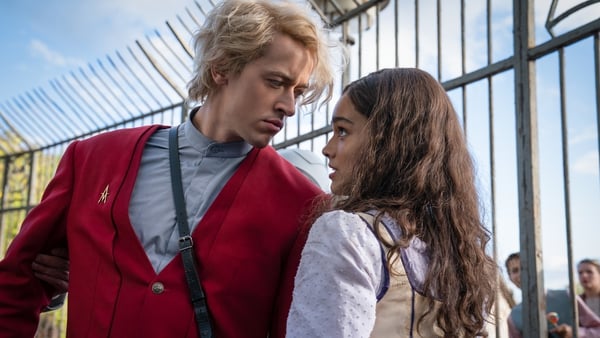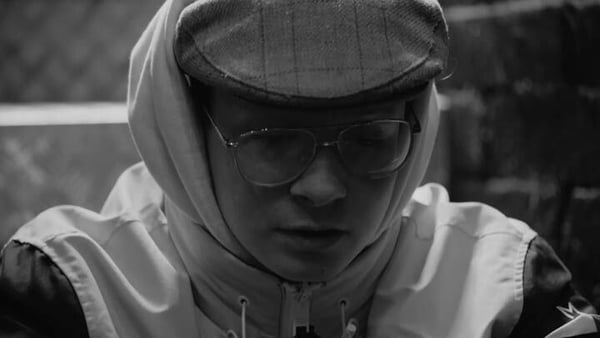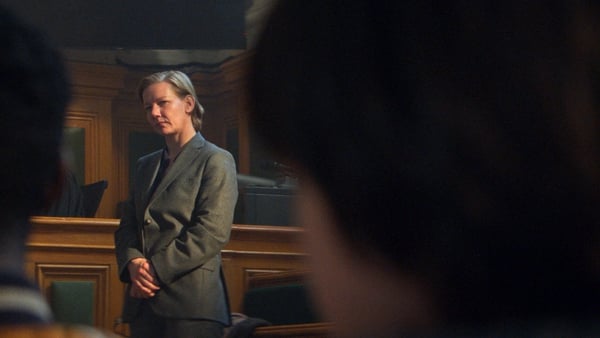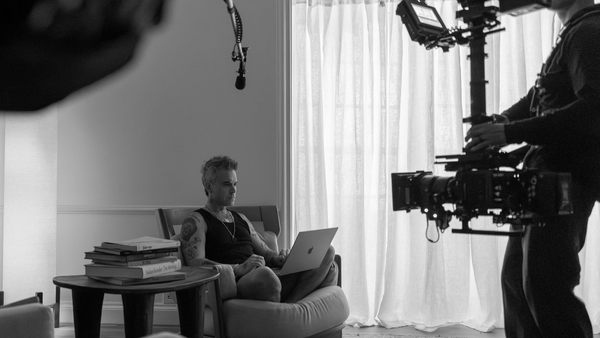Carey Mulligan delivers an electrifying performance as an avenging angel in Emerald Fennell's provocative and fatalistic revenge flick
Questions and heated accusations have been swirling around Emerald Fennell’s lurid revenge drama Promising Young Woman long before its much-delayed release. Charges of bad taste and bad judgement about such an incredibly sensitive topic have been aired, all heightened by real life events that have brought the ancient issue of the evil that men do to women into jarringly sharp focus all over again.
A lot of the criticism has come from that old reliable of the twittersphere - people who haven’t actually seen the damn movie - but Promising Young Woman has sparked righteous fury, accusations of misandry from the #NotAllMen brigade, and, on the flipside, the dumb suggestion that male critics were virtue signalling in their rush to award the movie five star reviews.
Watch our interview with Carey Mulligan and Emerald Fennell
We need your consent to load this rte-player contentWe use rte-player to manage extra content that can set cookies on your device and collect data about your activity. Please review their details and accept them to load the content.Manage Preferences
It arrives on this side of the Atlantic already garlanded with numerous awards and five Oscar nominations. It is the "issue" move of our times and it is released into a febrile atmosphere which has seen the first stirrings of the #metoo movement harden into molten fury in the space of a few short years.
The debate and anticipation have been worth it. This is an engrossing and challenging movie that doesn’t bludgeon our already outraged senses but playfully and audaciously subverts a deeply serious issue with at times silly plot devices and none too subtle twists. It is mischievous and provocative, often wayward, and always fatalistic. It also crackles with some of the best movie dialogue in years.
At its pulsing centre is an electrifying performance from Carey Mulligan. By day she is the listless not quite there at all Cassie, a hugely intelligent medical school drop-out in her early thirties who holds down a dead end job and lives at home with her concerned parents in a house that seems trapped in a Lynchian gauze of chintz and quiet desperation.
We need your consent to load this YouTube contentWe use YouTube to manage extra content that can set cookies on your device and collect data about your activity. Please review their details and accept them to load the content.Manage Preferences
However, she is leading a double life. Under her supercilious façade, she burns with a righteous fury about how, seven years previously, her best friend and college mate, Nina, was raped by bunch of drunken frat boys and later took her own life. Already let down by the law and her school, where monied privilege trumps such niceties as fairness and equality, Cassie has set out to dispense her own form of street justice.
Every night she patrols her hometown’s nightclubs and pretends to end up blackout drunk until she is helped by a "nice guy" who will then take advantage of her inebriation. Once they turn sexual predator, Cassie snaps into cold stone sobriety and jolts them back to reality with seething homilies about their errant ways. She even keeps a colour-coded scorecard of her nightly encounters, a kind of reverse of a lothario’s diary of conquests.
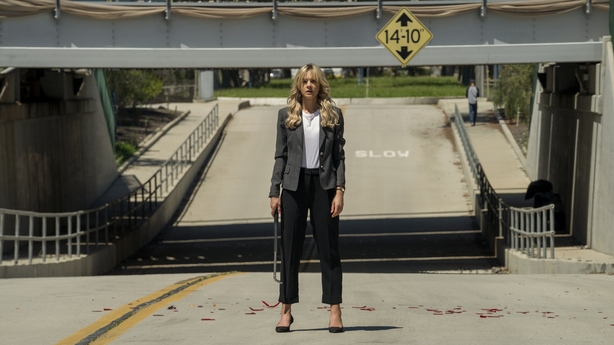
As she relates blankly at one point about the overwhelming pain and anger she feels about her lost friend, "I’m just trying to fix it". Her motivations are pure, but the same thing can’t be said for her methods. Who can blame her? It’s all part of the calculated ambiguity of Fennell’s twisted tale. Cassie has our support when she confronts her old college don over the circumstances of Nina’s death. "We have to give the boys the benefit of the doubt" the principal tells her, working herself into contortions of victim blaming and denial. However, when we learn how Cassie seeks to blackmail the deluded don, the movie prickles with ambivalence and those questions and accusations boil to the surface again.
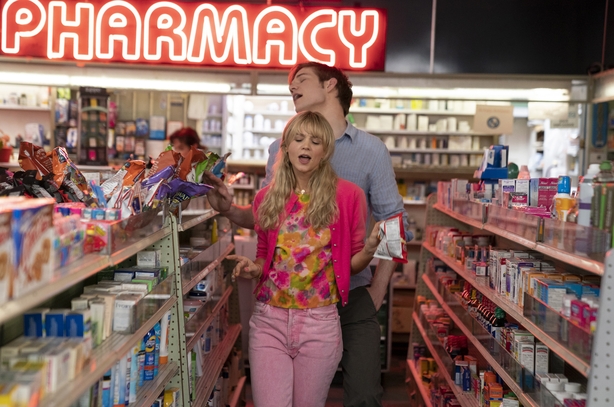
Cassie’s dealings with the now guilt-wracked attorney who successful defended Nina’s assailants is another part of her forensic score settling but all the time she is looking to engineer one spectacular night of revenge that will amount to the final cleansing for the traumatised young woman and a final reckoning for Nina’s tormentors. This is the third act and it is a masterclass in sinister suspense.
Fennell’s scalpel sharp movie maintains a strange, stilted atmosphere throughout - sleazy nightclub scenes clash with a daytime colour palette that is fuzzy with eighties pastel pinks and blues. You’ll feel like you’ve been dropped into a candy box laced with arsenic, while the soundtrack is eclectic to say the least, ranging from Charli XCX’s Boys, to 2 Become 1 by The Spice Girls, before erupting into Wagner. Naturally, He Hit Me (And It Felt Like a Kiss) is here but then again so is Paris Hilton’s hit Stars are Blind in a kitschy second date scene.
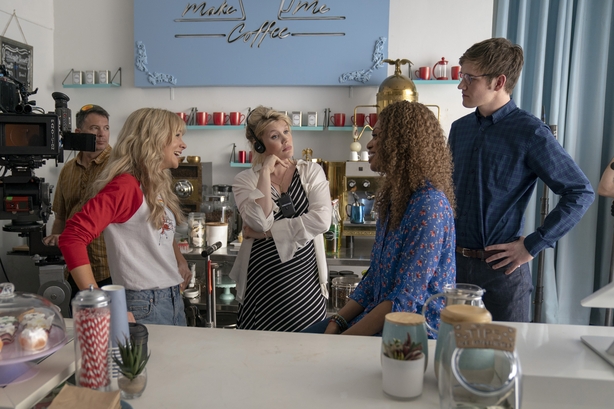
You could call this a genre fluid feminist revenge thriller that wrong foots you at nearly every turn. It is as dumbly enjoyable as any ultraviolent bloke revenge fantasy, but it’s also a quietly furious indictment of how society seems be designed to let women down when they’re at their most vulnerable.
Fennell has certainly made an unflinching story about male violence, and how women rarely if ever feel fully safe, but she does it with a cool nihilism. It challenges that central issue head on but it’s also playful and ironic and builds to an unnerving climax that is the only possible resolution to a story that switches from tongue in cheek provocation to lurid delirium in a quickened heartbeat. Fennell breaks the rules until the very end.
Alan Corr @CorrAlan2
Promising Young Woman is available to view on Sky Cinema and NOW TV


